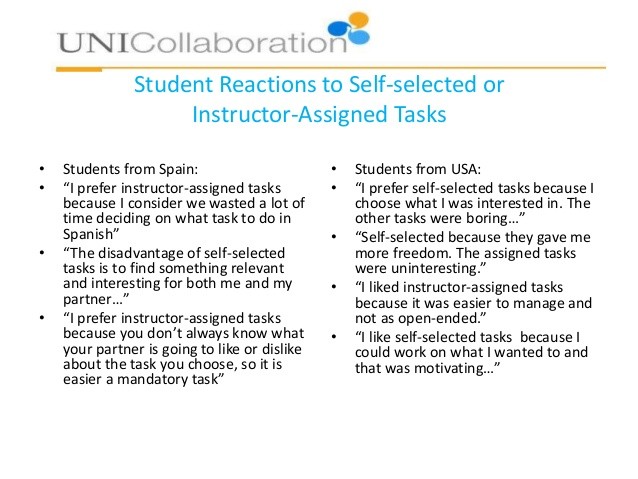A little foreign change in your portfolio
Post on: 4 Июль, 2015 No Comment

By Laura Bruce • Bankrate.com
Holding foreign currency in your portfolio is a way to diversify and hedge against a weak dollar. There are several ways to invest in foreign currency, but you should be willing to take time to research your choices and to gather information about the economies, politics, and interest rates of the U.S. and the countries you’re considering. As with any investment, understanding the risks is paramount.
EverBank, in Jacksonville, Fla. sells foreign currency certificates of deposit. These CDs are different from the ones you typically can buy through American banks. While they are insured by the FDIC against bank failure, you can lose principal with foreign currency CDs because of changes in the exchange rate may deflate the currency you bought.
EverBank Executive Vice President Frank Trotter says they shouldn’t be compared to domestic CDs.
Domestic CDs have no risk of principal, Trotter says. (Foreign currency CDs) are really part of a stock or bond portfolio. With these CDs you get a guaranteed rate of return in the foreign currency. There’s a principal amount in the currency, let’s say euros. You have a rate of exchange in euros, and your risk is that the currency you’ve chosen declines in value versus the U.S. dollar. It’s not different than a stock or an exchange-traded fund or any other investment. Your benefit is if the currency you’ve chosen goes up.
In addition to risking principal, you’ll incur a fee on both sides of the trade — when you buy or sell the CD.
Yield versus risk
Currently, EverBank’s foreign currency CDs have maturities of three, six, nine and 12 months. Aiming for those with the highest yields may not be the best move. Higher yields are associated with higher risk, so do plenty of homework before diving into the Brazilian real or any other CD that’s offering a considerably higher return than other currencies.
If you prefer to spread the risk around a bit you may want to consider a basket of foreign currency CDs, which EverBank also offers.
Rydex SGI sells Currency Shares which trade as securities. All of the shares have an expense ratio of 40 basis points plus transaction costs.
If you look at it from a historical perspective, the logistics and the expense of investing in foreign exchanges has presented barriers to entry for many investors, says Rydex SGI portfolio strategist Carl Resnick. The design of Currency Shares is aimed at overcoming those barriers.
But that doesn’t mean potential investors should think trading Currency Shares is easy.
We encourage investors to work through a financial intermediary, and we encourage investors to review their investment objectives, risk tolerance and to (understand) what they own, Resnick says.
Rydex SGI doesn’t offer a mutual fund or basket of Currency Shares; they must be purchased individually.
Bill Larkin, fixed income portfolio manager at Cabot Money Management in Salem, Mass. says a simple way to invest in world currencies is to buy the iShares one-to-three-year International Treasury Bond (ISHG). It holds Treasury securities from about 15 countries, but not the U.S.
You’re owning bonds from foreign entities and you’re going to enjoy the price appreciation if the dollar weakens and you’ll get paid income on the bonds, says Larkin.
Because ISHG has no inflation protection, Larkin recommends SPDR DB International Government Inflation-Protected Bond (WIP) for a hedge against inflation. As with ISHG, WIP holds only foreign government bonds, none from the U.S.
Both of these will add diversification, says Larkin. It’s a nice way of protecting yourself. I have about 5 percent in foreign Treasuries and about 5 percent in inflation-adjusted WIP. These are very similar to CDs but you’re buying a basket that’s basically doing the same thing but you can put this on automatic pilot. Also, I have instant liquidity and a lot of transparency.
As always, you shouldn’t buy any of the aforementioned investments without fully understanding the products and knowing whether they’re right for your goals and risk tolerance.
Also be aware that although there is a lot of talk about the weakness of the U.S. dollar and many experts are predicting that it will remain weak, Larkin points out that your best bet for making money with these investments is based on whether the dollar is the sickest patient in the hospital. Other countries are struggling with large amounts of debt and weakened economies also. Don’t let a scenario where the dollar ends up looking fairly healthy by comparison catch you by surprise.
For consumer-friendly daily reading on world currencies, try Chuck Butler’s Daily Pfennig. Butler is president of EverBank World Markets.
Create a news alert for investing














